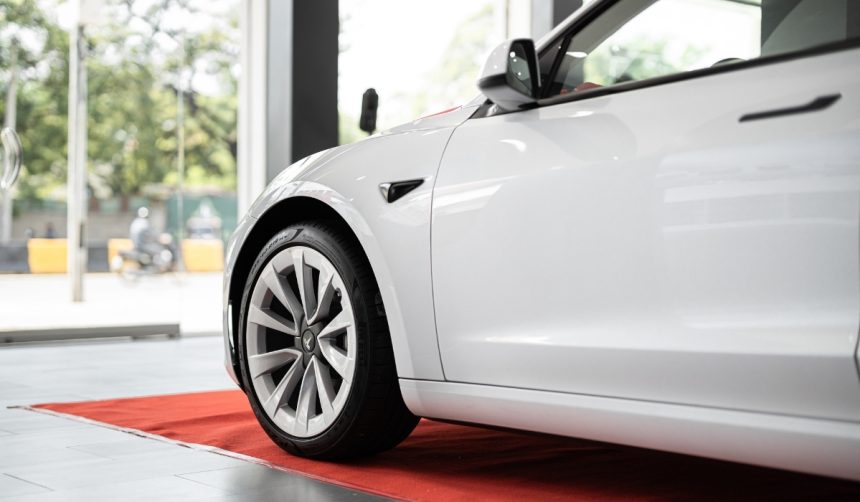Tesla is intensifying its efforts to bring its Full Self-Driving (FSD) platform to European roads, embarking on new recruitment initiatives across several countries. As regulatory authorities in the region continue to scrutinize autonomous driving technologies, Tesla is strategically targeting key markets to gather critical vehicle data. These developments reflect not only the company’s persistence but also the increasing interest in advanced driver assistance systems among European consumers. The growing footprint of Tesla’s FSD testing highlights both the promise of automation in mobility and the complexities of satisfying diverse regulatory landscapes.
Tesla’s approach to European expansion has evolved over recent years, as news reports highlighted earlier efforts were largely focused on regulatory discussions and minor pilot tests primarily in Western European cities. In earlier updates, there were expectations of a swift rollout, but recurring regulatory hurdles and technological readiness were frequently cited as causes for delays. Now, the company’s latest job postings in Prague, Berlin, Prüm, and Budapest indicate a more hands-on and localized phase of operations, emphasizing real-world data collection over laboratory trials. While regulatory challenges persist, the focus on human-operated data vehicles signals Tesla’s attempt to address local safety standards and compliance needs directly.
Where is Tesla Boosting FSD Testing Operations?
Tesla has recently called for Vehicle Operators in the Czech Republic, Germany, and Hungary, suggesting a coordinated push into Central and Eastern Europe. In Prague, the newly listed position involves driving and collecting high-quality data to advance vehicle performance. These roles require continuous feedback and daily reporting, forming a crucial part of FSD’s development pipeline. Germany and Hungary, with positions in Berlin, Prüm, and Budapest, are also part of this expanded recruitment, demonstrating Tesla’s systematic approach to expanding its technology’s reach.
What Role Does Data Collection Play in This Initiative?
The new positions are situated within Tesla’s Engineering and Information Technology divisions, not AI or Robotics. This division highlights Tesla’s focus on improving autonomous capabilities by acquiring region-specific driving data. Vehicle Operators are expected to contribute personalized feedback and analytical reports, potentially accelerating the adaptation of FSD to European traffic and regulatory environments. Tesla aims to use this localized data to anticipate and address real-world scenarios unique to each country.
When Will Full Self-Driving Feature Be Available in Europe?
While Tesla has not committed to a specific launch date for FSD in Europe, recent activities show progress toward deployment. Elon Musk, Tesla’s CEO, acknowledged the slow regulatory process, explaining that it has taken “significantly more time” than anticipated.
“The process for getting Full Self-Driving approved in Europe has been very frustrating,”
Musk remarked previously. Despite the delays, the company remains determined.
“It hurts the safety of the people of Europe,”
he added, underlining Tesla’s commitment to seek approval as quickly as possible, although the timeline remains subject to regulatory outcomes.
Bringing advanced driver assistance features like Tesla’s Full Self-Driving to Europe presents unique challenges due to the range of different national regulatory bodies and road conditions. By focusing on local data collection and adapting to specific requirements, companies can improve product reliability and safety in diverse markets. Industry observers note that achieving widespread FSD acceptance may take consistent collaboration between automakers, authorities, and technology providers. For drivers considering adopting FSD in Europe, monitoring regulatory developments and field data collection efforts will provide insight into how soon such technologies might become available for everyday use.










